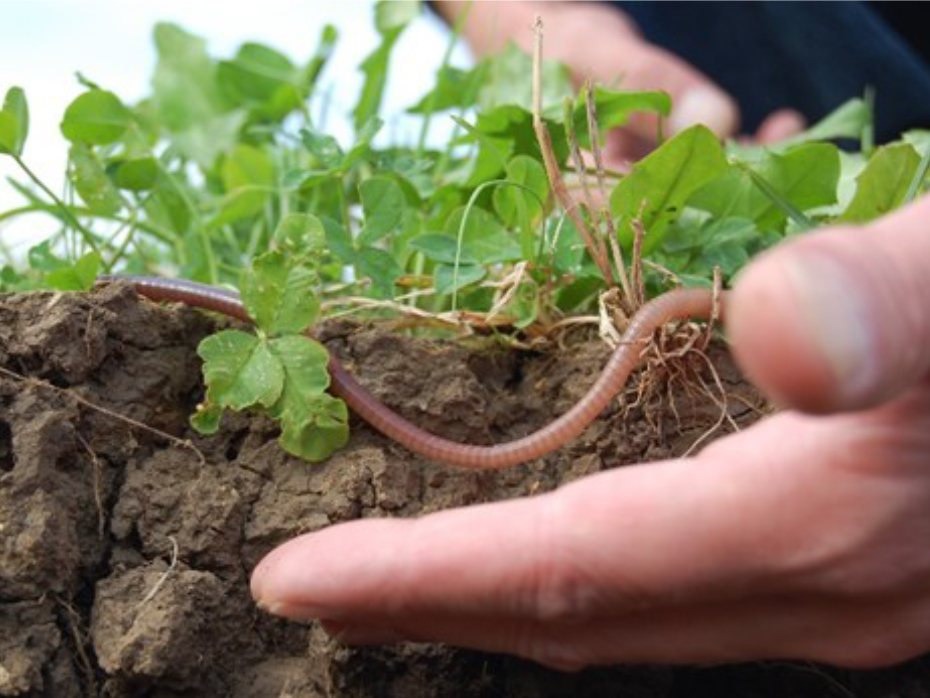
Jennifer Richards
Need some fresh lesson plans for your virtual or in-person clubs?
Check out these newly published lessons developed by Extension Specialists from a variety of disciplines:
W674: Responsible Behavior Guidelines for the Internet (Sreedhar Upendram & Isabella Baxter) Students will first receive an introduction to the terms and concepts of the lesson and Netiquette. The group will then go through the components of netiquette behavior. Students will have the opportunity to work in groups to process what they have learned and apply it to real-life scenarios in the planned activities.
W893: Find the Right Mix:Total Mixed Ration (Liz Eckelkamp & Jennifer Richards)
Students will learn about the different nutrients that cows need. They will create their own trail mix from ingredients that represent the ingredients eaten by cows. They will complete a multiplication handout that asks them to measure the ingredients needed for a larger batch of trail mix, much like a dairy farmer mixes feed for their herd.
W896: Backyard STEM: Trash Talk: Do you know what happens to your garbage? (Jenn DeBruyn) Students will learn about where our waste products go by playing games with garbage. By familiarizing themselves with the types of items that are disposed, students will be able to make the right decisions on their own about what to recycle, compost or throw away.
W676: Beef Cattle Roundup (Aaron Fisher & Erika Bonnett)
In this activity, the leader is encouraged to not give too many instructions or directions. The goal is for youth to make discoveries for themselves without being told the right answer or the right way to accomplish a certain task. Their idea might fail the first time, and that is okay. This trial and error method allows students to learn through these failures, improve their ideas and make it better the next time.
W897: Making a Rumen (Aaron Fisher)
Students work in groups to build a model of a rumen to understand the components and functions of the rumen. Students will be given the opportunity to process the activity by considering the components of the experiment and how changes to those components would affect the outcome.
W925: Household Items as pH Indicators (Nathan Miller, Molly West, & Mark Morgan)
This activity utilizes group discussions to build a picture of food and pH testing. It also aims to have 4- Hers work together or in pairs to test the pH level of household items using red cabbage as an indicator.
Please email me with specific curriculum requests or needs!
